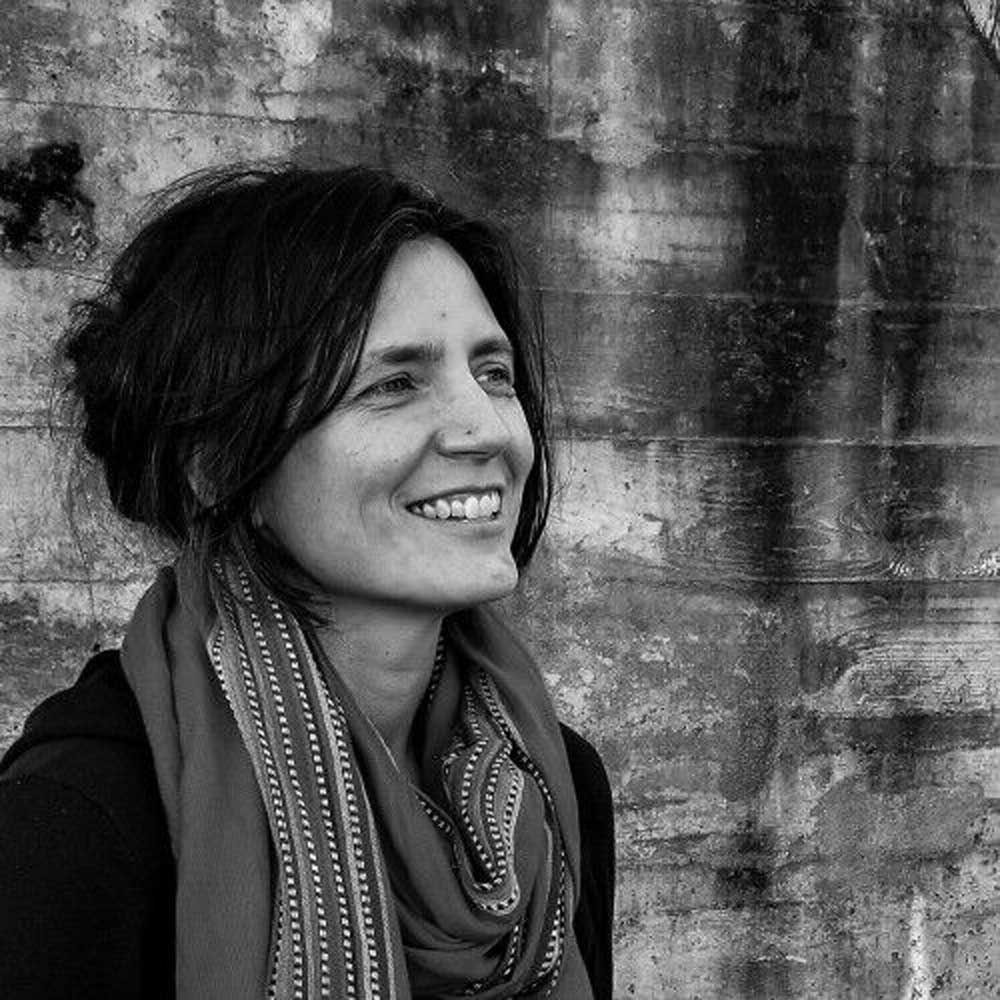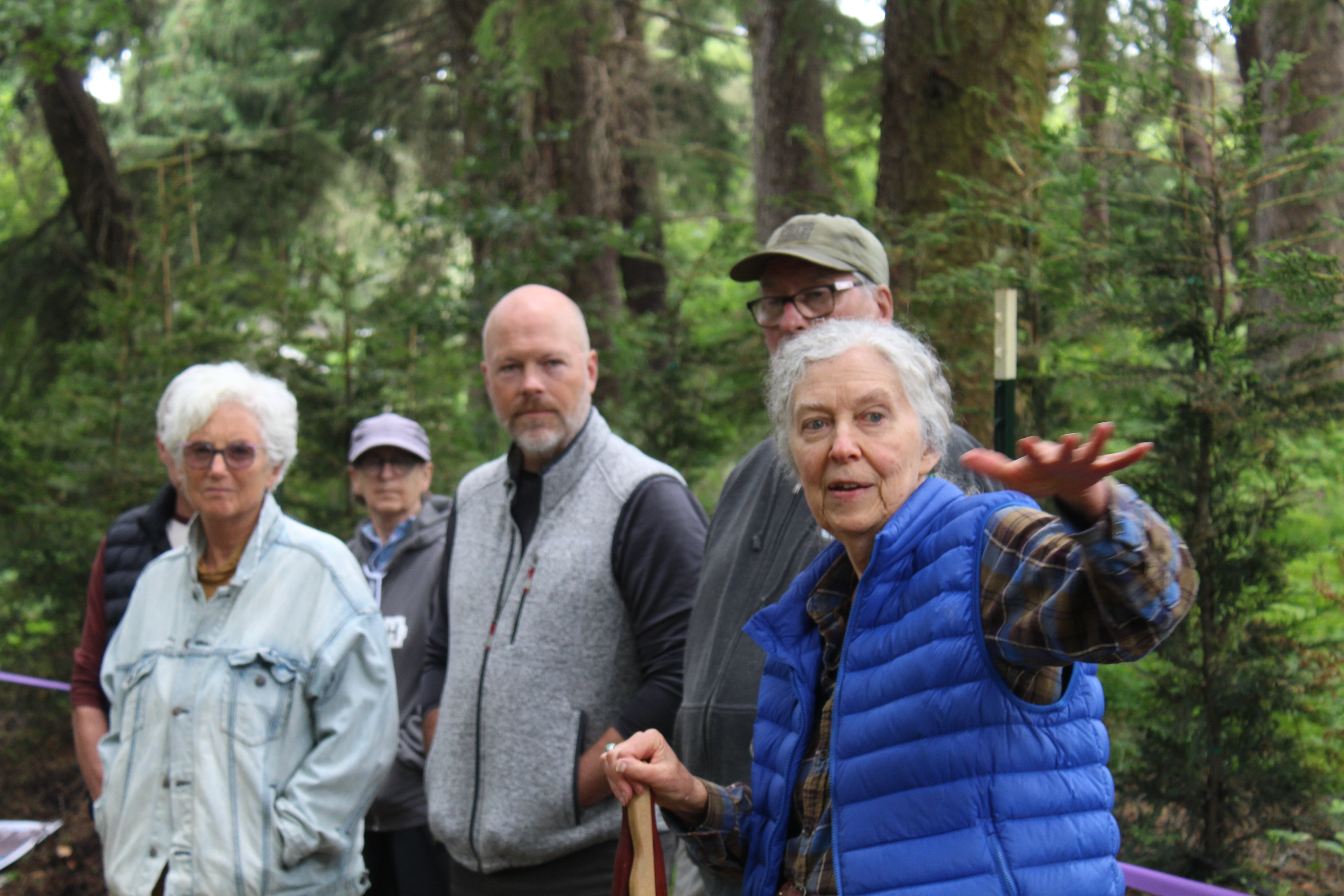Behind the News: ‘It has a huge impact on domestic violence survivors’
Published 12:30 am Saturday, March 25, 2023

- Terri Steenbergen is the executive director of The Harbor, an advocacy group in Astoria for survivors of domestic violence and sexual assault.
The $2.8 million purchase of the Columbia Inn in Astoria is Clatsop County’s first concrete step to respond to homelessness.
Trending
The 22-unit motel off Marine Drive, acquired through the state’s Project Turnkey 2.0, could provide housing to 44 people.
Clatsop Community Action, a social services agency that offers food, housing and energy assistance, was a natural partner for the project. The other partner was less obvious.
The Harbor, an advocate for survivors of domestic violence and sexual assault, will help operate the housing for the county. The Astoria nonprofit has an emergency shelter at a confidential location, but the new outreach will concentrate on vulnerable people at risk of living on the streets.
Trending
“Domestic violence survivors who are ready to get out of an abusive situation — first, that’s a huge step all in itself,” said Terri Steenbergen, The Harbor’s executive director. “And then to find that there is no immediate shelter to go to, or maybe that there is nowhere to go after you get into that shelter, is a pretty awful experience to go through, which results in a lot of survivors either never leaving in the first place or going back to their abusers.”
Steenbergen, a former consultant for Mercy Corps who has studied gender-based violence, has led The Harbor since 2019.
In an interview via Zoom, Steenbergen discussed the reasons behind the nonprofit’s participation in the Columbia Inn project.
Q: The Harbor is partnering with Clatsop Community Action on converting the Columbia Inn in Astoria into housing for the homeless. What drew The Harbor’s interest in the project?
A: For the last few years, The Harbor has been thinking about getting more involved in transitional housing and shelter, more so than we already do with our current domestic violence shelter, because of the housing and homelessness crisis in Clatsop County.
As everybody knows, I don’t need to tell you, it’s a pretty huge problem and it just keeps getting worse every year. Not only do we not have enough permanent housing, we don’t have enough transitional housing, we don’t have enough shelter. We just don’t have enough of any of that.
It has a huge impact on domestic violence survivors.
Domestic violence survivors who are ready to get out of an abusive situation — first, that’s a huge step all in itself. And then to find that there is no immediate shelter to go to, or maybe that there is nowhere to go after you get into that shelter, is a pretty awful experience to go through, which results in a lot of survivors either never leaving in the first place or going back to their abusers.
Because it’s honestly safer to be in an abusive situation in a house than it is to be out on the streets.
Q: Can you elaborate a little bit on how the lack of housing options can complicate life for people experiencing domestic violence or sexual assault?
A: People who are experiencing domestic violence are experiencing this pattern of power and control from an abuser over their own lives.
That experience comes out in a variety of ways, depending on the abuser themselves. But, usually, it means that survivors are isolated from friends and family. They don’t have a support system.
Abusers do that on purpose. You’re in that sort of initial romantic period and you stop hanging out with your friends. And then your friends are kind of like, ‘Oh, well, you don’t want to hang out with us anymore.’ And so then you’ve lost that support system that maybe you had to begin with. Or people just don’t believe what’s happening, and so don’t feel inclined to help out.
Survivors tend to be very isolated. They also don’t have any real control over their lives. And so that either manifests in not having a job, not having any control over their finances, not having any options for child care.
So a lot of those things. If you’re going to leave, you need to be able to figure out how you are actually going to care for yourself and your children, if you have them. And that’s really hard for somebody who’s been in an isolating situation like that, who has no control over their finances and maybe just has not had the ability to be in control and make those decisions on their own.
Q: The Astorian has reported on the gaps in access on the North Coast to critical health care services, from sexual assault nurse examiners to reproductive rights. How would you describe the situation today?
A: It has, unfortunately, not changed a ton. Overall, if anything, I think we’re seeing more gaps in services.
We actually do have a couple of sexual assault nurse examiners now at Providence (Seaside) Hospital, which is amazing. And The Harbor is actually working on a project with the Astoria Birth Center to train some more, so that’s something that we are working on.
But, for so many services, people still either just can’t get them in Clatsop County or they have to go somewhere else, more than likely to Portland.
Like in the case of shelter, there is no homeless shelter in Clatsop County.
Q: Year-round.
A: Year-round, exactly. There are the warming shelters. CCA (Clatsop Community Action) did some amazing work opening up the warming shelter in Seaside and having the pop-ups in Astoria this year. But even the warming shelter in Astoria had its problems.
There’s just not a lot of places for people to go. And I think we’re seeing more people ending up on the streets, too, for many different reasons, a lot of which might have to do with health or mental health.
Q: When many people think of The Harbor, they intuitively understand the nature of your mission. But what do you wish more people knew about your work?
A: I think actually this will come up a lot in our participation in this shelter with CCA, because it is also, for us, a very different experience.
Yes, people know that domestic violence survivors need shelter. People are very familiar with that concept. But another reason that we are very involved in this project is that we do work with sexual assault survivors.
And there is a very high risk for some populations on the street of experiencing sexual assaults. Women with mental health problems experience sexual assaults — around 80% of them experience sexual assault on the street. The same is true for folks of the LGBTQI+ population.
Being on the streets, people know that’s not safe. But it is especially unsafe for some populations.
We also have dedicated projects where we do work very closely with survivors who identify as LGBTQI+. And we do have dedicated services for the Latinx population, who also are less safe on the streets.
I think that’s the thing that I would want people to know. We also are not just responding to violence that’s happening. In this project, we’re trying to get the vulnerable populations on the streets, who could be assaulted on the streets — because it happens at such high rates — off the streets so that it doesn’t happen in the first place.
And I think that’s the thing that I would like people to take away from this.
People who believe they are experiencing domestic violence or sexual assault can call for help at 503-325-5735.









